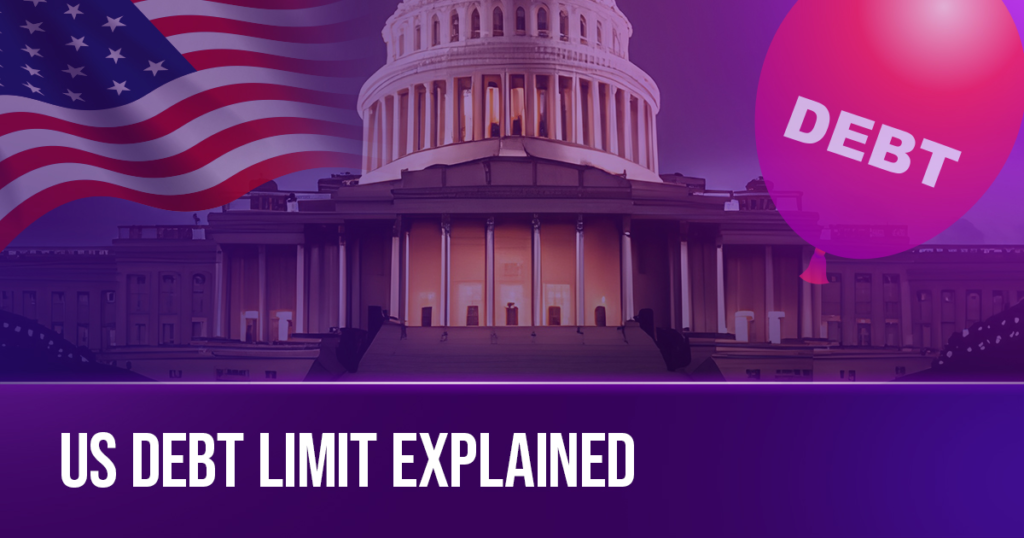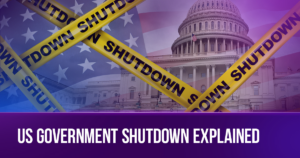After the usual hand-wringing drama, the US Congress has successfully passed the debt-ceiling bill through the House and Senate. It now awaits President Joe Biden’s signature. While the focus of his address may emphasize the benefits of raising the nation’s credit limit, it’s nothing more than a temporary solution.
What is the Debt Limit?
The debt limit refers to the maximum allowable debt the US government can accumulate, and actions must be taken to prevent default when that limit is reached. These actions can include borrowing more or reducing spending. The problem is that the US government runs an annual deficit. This means that once the debt ceiling is hit, the government starts to default on its obligations almost instantly. At the same time, the US Treasury would be unable to borrow more, leading to a default on outstanding loans and a dive in its credit rating. The inevitable consequences of such a vicious cycle would cause the US economy to be affected negatively, which in turn would cause ripples across world markets.
Markets are Slightly up
The impact of this vote on market sentiment was fairly muted, as the market has already factored in this outcome. Stockmarkets did rise slightly on the positive news, with the Dow up 153 (0.41%) and the S&P 500 index rising by 41 points (1%) on Thursday. It was the same story with market indices abroad with the Nikkei, DAX, and London’s FTSE all reporting small gains.
Sustaining the Unsustainable
In truth, raising the debt limit is simply following a pattern set since the administration of Herbert Hoover. Since 1933, the ceiling has been raised over 90 times. Consider that just two years ago the ceiling was $22.0 trillion. Today, the national debt stands at around $31.46 trillion, with $31.4 trillion being the current limit. Without a trace of irony, it should be pointed out that the actual name of the bill is the “Fiscal Responsibility Act.”
US Debt Limits and Forex
For a Forex trader, uncertainty surrounding the debt limit can impact markets in several ways.
Our skilled traders here True Forex Funds saw record-breaking combined payouts in May 2023, with many successful traders investing in gold. With increased volatility based on the debt ceiling negotiations and their consequences, it’s no surprise that gold (a safe-haven commodity that’s priced in USD) should be the number one trade. It’s an interesting paradox that the USD is also seen as a safe-haven currency. So any concerns about how the US economy might negatively affect world markets tend to strengthen it.
Now the debt ceiling vote is behind us, Forex traders should start looking at other global economic events, whilst keeping in mind market sentiment. They can do this by keeping their finger on the pulse of up-to-date economic news and studying financial analysis.




